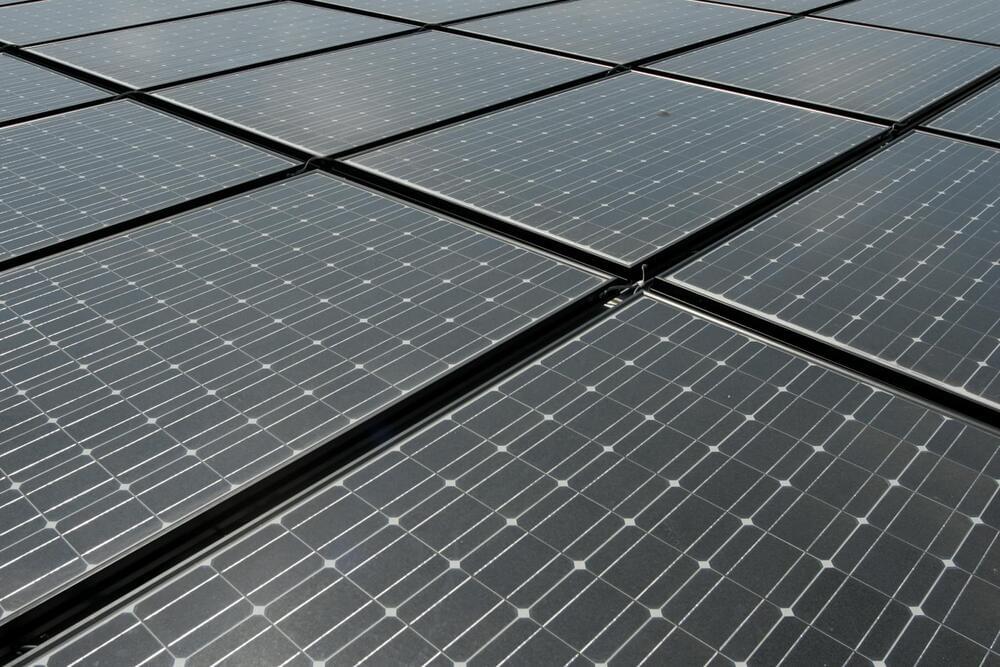Perovskites are hybrid compounds made from metal halides and organic constituents. They show great potential in a range of applications, e.g. LED lights, lasers, and photodetectors, but their major contribution is in solar cells, where they are poised to overtake the market from their silicon counterparts.
One of the obstacles facing the commercialization of perovskite solar cells is that their power-conversion efficiency and operational stability drop as they scale up, making it a challenge to maintain high performance in a complete solar cell.
The problem is partly with the cell’s electron-transport layer, which ensures that the electrons produced when the cell absorbs light will transfer efficiently to the device’s electrode. In perovskite solar cells, the electron-transport layer is made with mesoporous titanium dioxide, which shows low electron mobility, and is also susceptible to adverse, photocatalytic events under ultraviolet light.
